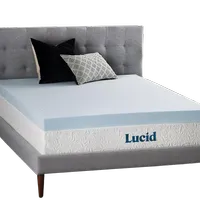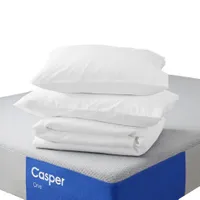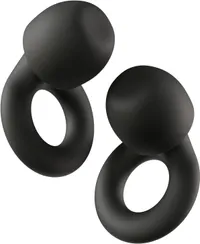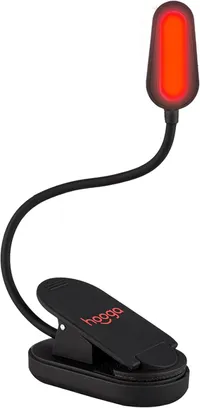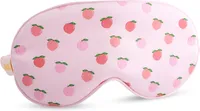'Social jet lag' could ruin your grades — here are 5 things to help you sleep better this semester
An inconsistent sleep schedule could be more damaging than you think
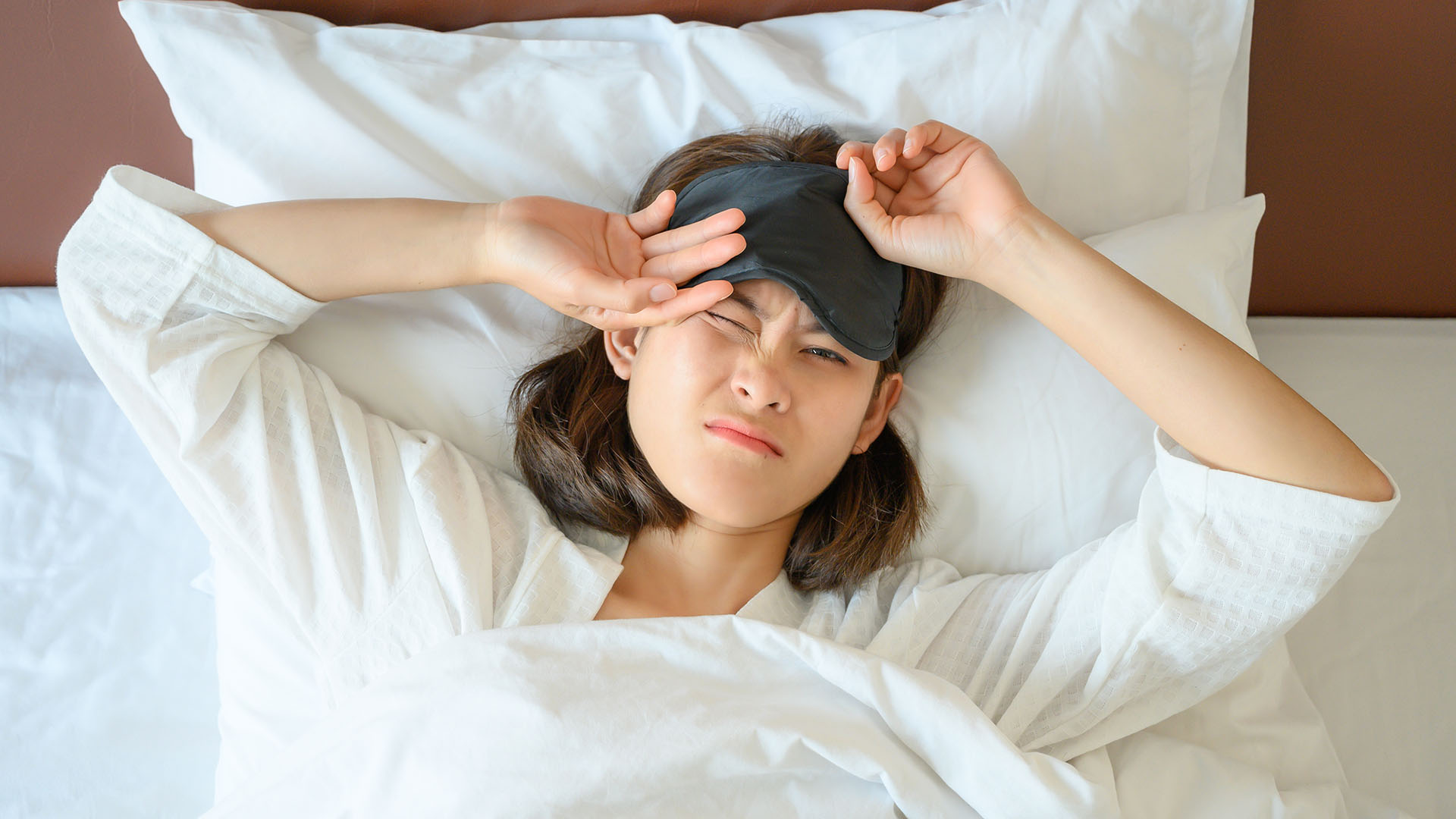
Here at Tom’s Guide our expert editors are committed to bringing you the best news, reviews and guides to help you stay informed and ahead of the curve!
You are now subscribed
Your newsletter sign-up was successful
Want to add more newsletters?

Daily (Mon-Sun)
Tom's Guide Daily
Sign up to get the latest updates on all of your favorite content! From cutting-edge tech news and the hottest streaming buzz to unbeatable deals on the best products and in-depth reviews, we’ve got you covered.

Weekly on Thursday
Tom's AI Guide
Be AI savvy with your weekly newsletter summing up all the biggest AI news you need to know. Plus, analysis from our AI editor and tips on how to use the latest AI tools!

Weekly on Friday
Tom's iGuide
Unlock the vast world of Apple news straight to your inbox. With coverage on everything from exciting product launches to essential software updates, this is your go-to source for the latest updates on all the best Apple content.

Weekly on Monday
Tom's Streaming Guide
Our weekly newsletter is expertly crafted to immerse you in the world of streaming. Stay updated on the latest releases and our top recommendations across your favorite streaming platforms.
Join the club
Get full access to premium articles, exclusive features and a growing list of member rewards.
You're back at school and juggling a busy schedule of classes and study during the week, and getting less sleep as a result. Then, at weekends you're snoozing for longer to try and make up for the lack of school day ZZZs.
Sound familiar? You may be a student who's experiencing social jet lag. It's a term that was coined in 2006 by researchers and refers to what happens to our internal body clock when there is a difference in weekday and weekend sleep patterns.
One 2022 study of almost 300 university students found that they "present social jet lag, shorter sleep duration on school days and longer sleep duration on free days."
Here, we'll explore what social jet lag is and why it happens, why it can have a negative effect on your studies and share some student-friendly products that can help you combat it and improve your sleep.
What is social jet lag and why do we get it?
A consistent sleep schedule (sleeping and waking at the same time every day), promotes a healthy circadian rhythm (our internal body clock) which means we're producing hormones essential for sleep (like melatonin) at the correct time.
Social jet lag occurs when there is a mismatch between our sleep patterns during the week (governed by our 'social clock' which is based on, for example, work and school commitments) and on the weekend (when we revert to our internal body clock, or 'biological clock').
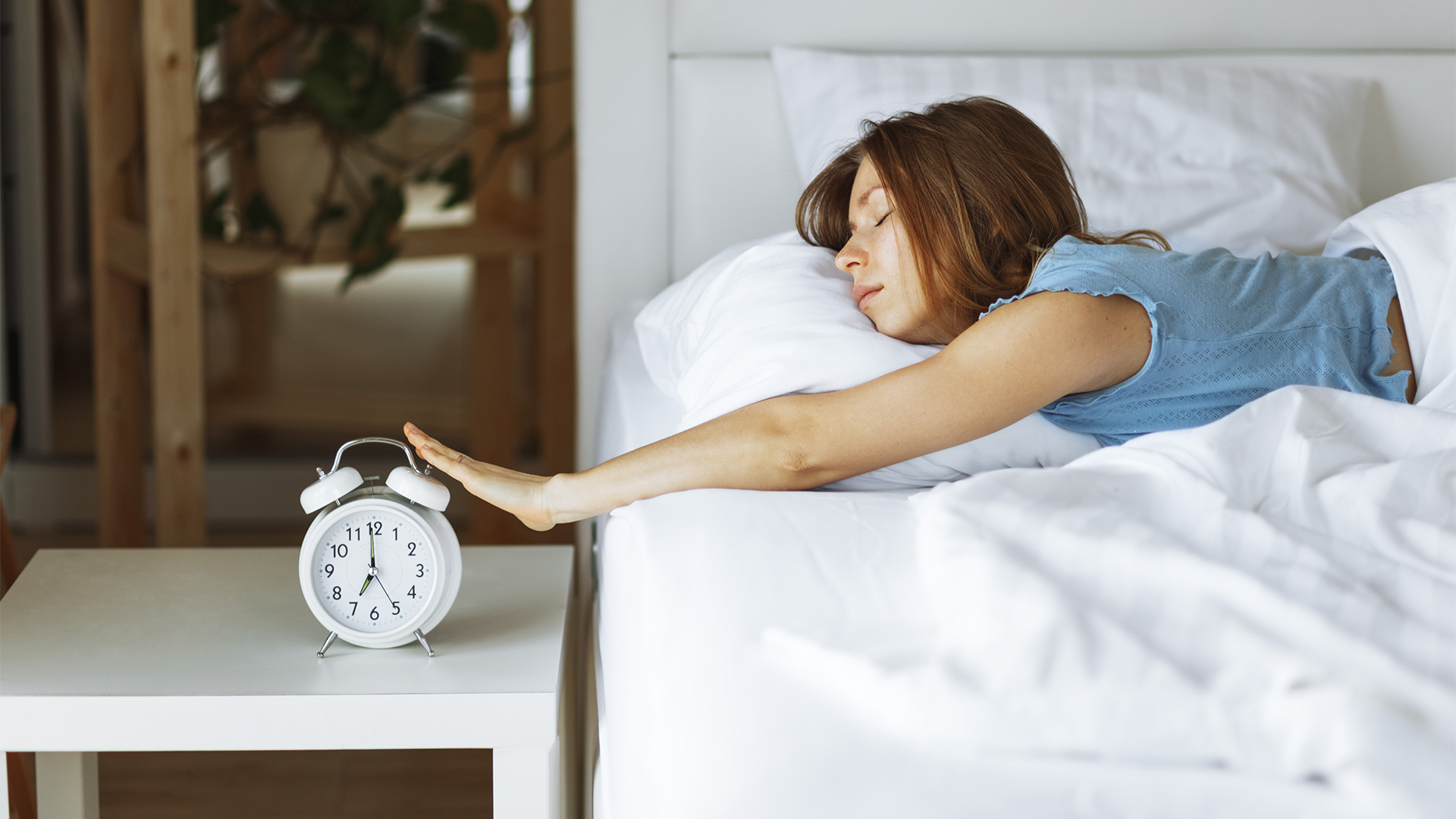
Till Roenneberg, a professor who coined the term social jet lag, explained in a paper that in modern times, inside work limits light exposure and artificial light prevents darkness, meaning our body clocks have shifted to become later. However, our 'social clock' is earlier.
Get instant access to breaking news, the hottest reviews, great deals and helpful tips.
This means, he wrote, that "over 80% of the population use an alarm clock and accumulate a sleep debt over the course of the working week."
Studies have estimated that around 70% of students and workers experience at least an hour of social jet lag each week, while half experience 2 hours or more.
How does social jet lag impact grades?
While accumulating a few hours of social jet lag might feel like an inevitable part of juggling student life, studies show that social jet lag can lead to "chronic sleep deprivation, poor sleep quality and cognitive performance."
Writing about social jet lag and sleep in adolescents, Dr. Liji Thomas, MD explains that it disrupts our circadian rhythm and leads to less sleep, with each exacerbating the other, and that this can lead to issues such as "an inability to learn well, poor memory, and decreased ability to solve complex problems."
Sleep plays a major role in learning, and in memory specifically. In fact, not sleeping can decrease your ability to learn by as much as 40%.
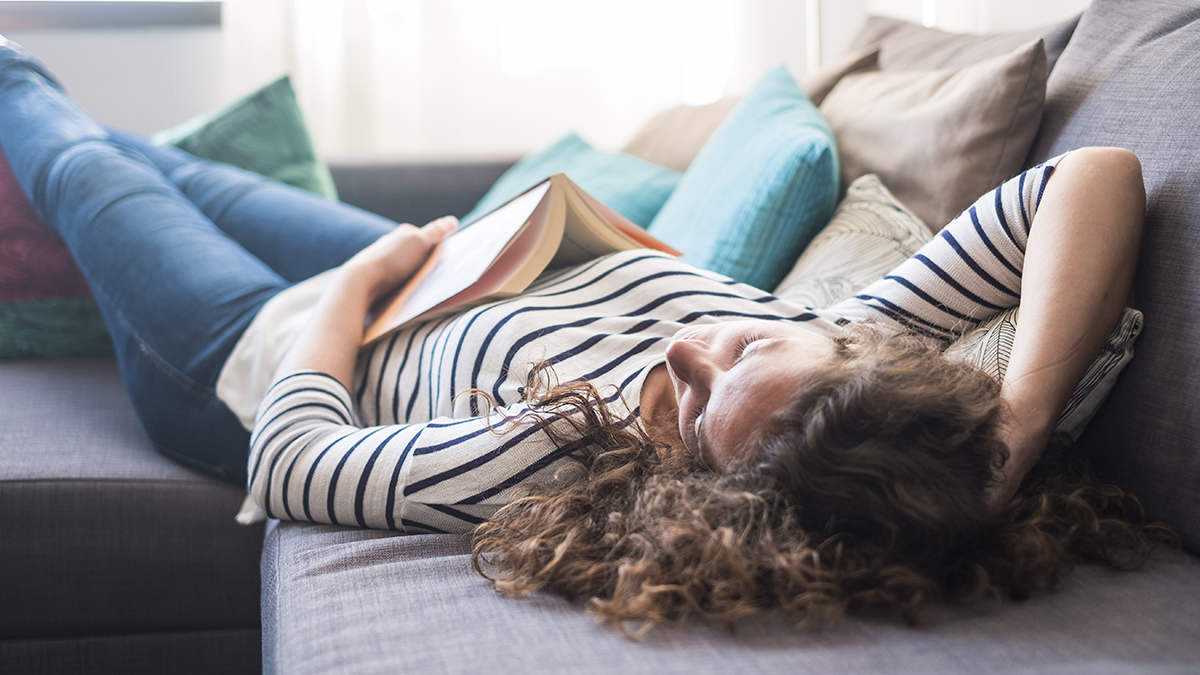
“Being sleep deprived means the part of our brains that process memories and enable us to store and retrieve information simply don’t perform as well,” Heather Darwall-Smith, a psychotherapist who specialises in sleep and author of How to Be Awake, previously told us.
What's more, research directly shows that social jet lag can mean your grades take a hit.
One study published in Nature looked at data from nearly 15,000 university students and found that 60% of students experienced an average of 30 minutes daily social jet lag, and that greater social jet lag was associated with lower performance academically.
Another study looking at undergraduates showed that social jet lag had a negative impact on average weekly grades during the lecture term, when there was a busy teaching schedule, but that this disappeared during exam time, when students didn't have the same schedule.
5 products to help you sleep better this semester
It might seem like there's no escaping social jet lag, but experts have suggested adopting countermeasures, including "improving sleep hygiene [and] maintaining consistent sleep schedules."
So, we've rounded up some useful products that can help you sleep better at college and reduce the impact of social jet lag.
Lucid 4" Gel Memory Foam Topper: twin XL $86.02 at Amazon
One way improve your sleep hygiene is to ensure your sleep environment is comfortable and supportive. A simple method of doing that is to upgrade your dorm bed with a mattress topper. The four inch version of the Lucid Gel Memory Foam Topper ranked as our top budget buy in our best mattress toppers for college dorms guide, with the plush feel and pressure relief ideal for side sleepers. You can currently get a 4" twin XL for a wallet-friendly $86.02 at Amazon. Direct from Lucid, a twin XL is $89.99, but if you and a roommate want to buy at the same time, the brand are currently offering 5% off when you buy two, which brings the price down to $85.49 each.
Casper Back to School Bundle: twin XL was $1,033 now $770 at Casper
An alternative to a topper for improving your college sleep environment (if your budget stretches to it), is a bundle designed for students that includes a mattress as well. The Caspar Back to School bundle includes a Caspar The One mattress. We found its three foam layers provided the type of support and pressure relief that back and stomach sleeping students will love. You'll also get a waterproof mattress protector (ideal if you like to study in bed with a coffee and want to avoid any nasty spill stains) and a machine washable down alternative fill pillow. Caspar currently have roughly 25% off this bundle, which means you can nab a twin XL for $770 (was $1,033).
Loop Quiet 2 earplugs: was $27.99 now $20.95 at Amazon
If you're trying to combat social jet lag by sticking to a consistent sleep schedule, distractions from ambient noise in your dorm (think music or people chatting) aren't going to help you drop off when you need to. That's where a pair of noise-reducing earplugs can help. The Loop Quiet 2 earplugs (which offer up to up to 24dB of noise reduction) effectively muffled the noise of a nightclub next door when we tested them, and led to restful sleep with fewer awakenings. Made from lightweight silicone, they come with four different tip sizes (XS, S, M, L) and, on Amazon, the black version currently has 25% off, bringing the price down from $27.99 to $20.95. If you prefer something brighter, you can also get them in mint, violet and white for $20.95 at full price.
Hooga Red Book Light was $14.99 now $12.99 at Amazon
One way to reduce blue light at night (and therefore avoid delaying melatonin production essential for sleep) is to opt for a reading light that is free from any blue spectrum light, like the Hooga Red Book Light emits (unsurprisingly) red light instead. This lightweight, rechargeable lamp will clip to your book and allows you to switch between three brightness levels. And, out of 17,200+ reviews on Amazon, 81% gave this light 5 stars. It currently has 13% off at Amazon, which drops the already affordable price of $14.99 down to $12.99.
SMUG Satin Sleep Mask: from $6.99 at Amazon.
Another key to good sleep hygiene is ensuring your bedroom is dark. That's easier said than done if you have a roommate with a different sleep schedule or a light-polluted dorm. An eye mask like the SMUG Satin Sleep Mask is an affordable solution. Made from soft, silky satin material, our senior sleep writer even prefers it to the high-tech Aura Sleep Mask ($229), saying that it's comfortable, blocks out light, and is gentle on her skin and hair. The SMUG with a peach motif is currently $6.99 on Amazon, or you can pick from a variety of other designs all at $9.99 each.
Jenny Haward is a U.K. based freelance journalist and editor with more than 15 years of experience in digital and print media. Her work has appeared in PEOPLE, Newsweek, Huffpost, Stylist, ELLE, The Sydney Morning Herald and more. Jenny specializes in health, wellness and lifestyle, taking a particular interest in sleep.
You must confirm your public display name before commenting
Please logout and then login again, you will then be prompted to enter your display name.
 Club Benefits
Club Benefits










